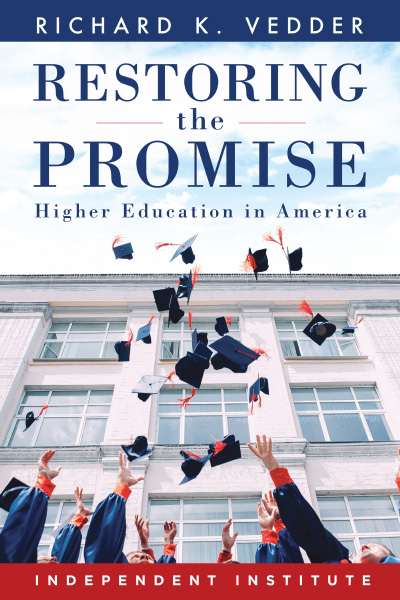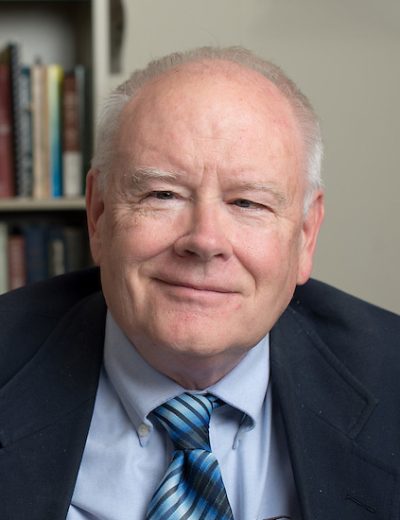Center on Educational Excellence
Every individual should fulfill his or her potential. A good education unlocks doors to upward mobility, constructive engagement with the world, and a greater sense of contribution and well-being. In order to have a society of abundance and excellence, students from all walks of life should have a better chance to become creative, independent, efficacious adults who can chart their own course for a life of achievement, fulfillment, and meaning.
When rightly ordered, a good education also lends support to good character and the civic virtues necessary for the establishment and maintenance of free, prosperous, and thriving societies.
In order to have a society of abundance and excellence, students from all walks of life should have a better chance to become creative, independent, efficacious adults who can chart their own course for a life of achievement, fulfillment, and meaning. When rightly ordered, it also lends support to good character and the civic virtues necessary for the establishment and maintenance of free, prosperous, and thriving societies.
Widespread dissatisfaction with the educational status quo mean that the public is more open than ever to better alternatives. Yet today children are still hobbled by ineffective teaching methods, and parents lack choice about what school their children can go to and who teaches them.
Obstacles: Public institutions should not undermine good character; societal institutions should be the place where good character is fostered. Educational excellence is often undermined by public bureaucracies and special interests.
We can open these opportunities to all by seeking fundamental change in established institutions and creating alternatives that can demonstrate the potential for educational attainment.
For these reasons, COEE’s publications and fellows put a strong emphasis on building a non-bureaucratic, non-politicized foundation for education reform. The Independent Institute’s Center on Educational Excellence (COEE) conducts research and develops policy solutions to remedy these and related problems.
To pursue these ends, the Center on Educational Excellence has published materials covering a variety of topics:
- Successful school systems around the world;
- Parental choice and teacher-owned schools;
- The potential of Education Savings Accounts for improving K-12 outcomes;
- The politicization of textbooks and curricula;
- The unfulfilled promises of federal involvement in education;
- Higher education’s triple crisis—high costs, falling quality, and diminishing payoff for students and society;
- School accreditation: market regulation versus government regulation;
- Campus safety, due process, and accountability;
- Student loan debt, alternative funding, and Income-Share Agreements;
- Free speech, ideological diversity, and the marketplace of ideas;
- Educational theory and the philosophy of education; and
- The role of education and government in a good society.
In particular, we seek to develop and communicate reforms that:
- Improve outcomes for students from all backgrounds by offering access to a variety of affordable options for meeting diverse educational aims, including options found outside the public-school system;
- Foster a thriving pool of teachers, institutions, and educational product developers that exemplify the spirit of service, innovation, inclusion, transparency, and accountability, and are unhindered by a stifling bureaucracy; and
- Reinforce the foundations of equitable, prosperous societies, including self-reliance, independent thinking, civil society, free markets, and limited government.
- Donald Downs addresses a major problem in contemporary American higher...
Center on Educational Excellence News Releases
About the Independent Institute Centers
Each center is tasked with assessing, refining, and proposing innovative solutions to pressing social and economic challenges. Our programs focus on three core components: rigorous scholarly research, insightful publications, and the strategic dissemination of findings to opinion leaders and the public through conferences and media initiatives.
By fostering evidence-based solutions, our centers encourage informed discussions that can be scrutinized not just by experts, but also by media influencers, business leaders, religious organizations, engaged citizens, and policymakers. Our goal is to promote rational, objective dialogue that sheds light on key issues and shifts public discourse away from interest-group politics.
































